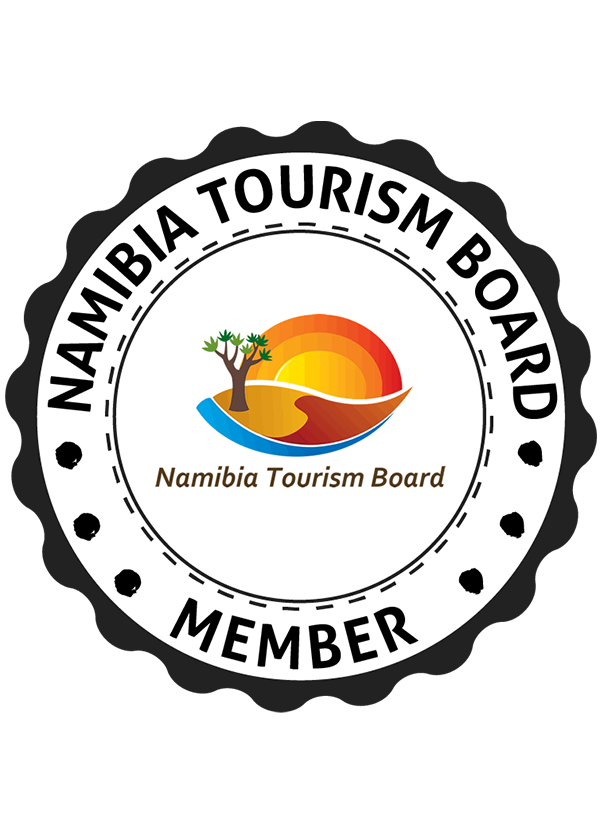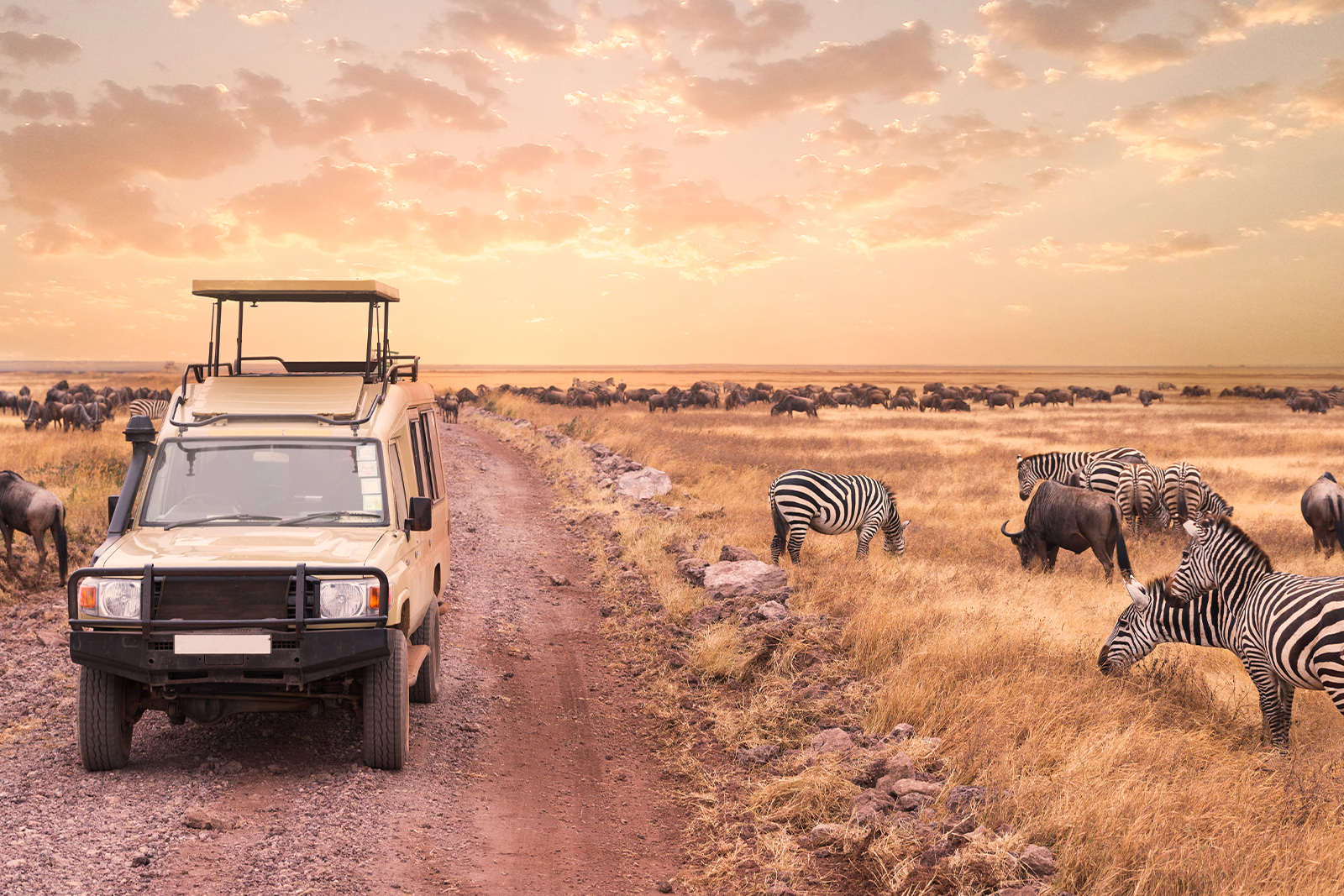

Southern Nature Safaris is a Namibian Tour Operator company, based in Windhoek the Capital city of Namibia.
Our professional team have more than 20 years industry experience in exceptional memory-creation, tailor-made and comprehensive itineraries.
We are committed to our guests and to the practice of sustainable tourism with wildlife conservation, ecology safeguarding and the wellbeing of indigenous cultures and our communities.
Our Moto at Southern Nature Safaris is: “Travelling is not a destination, it’s an Experience”.We offer unique Namibian Safaris additionally, we operate and design tailor-made and comprehensive itineraries for Angola, Botswana, Zambia, and South Africa. We offer our tours in English, Spanish and Portuguese.
We are your trusted partner offering unforgettable travel experiences across southern Africa. Whether you are seeking a relaxing Desert getaway, an adventurous wildlife safari, or cultural immersion tour, our expert team curates personalized itineraries to match your interests, ensuring a seamless and enriching journey.
We invite you to experience the beauty and diversity of our African nation, from the majestic savannas to the bustling cities. Immerse yourself in our rich history, indulge in delicious local cuisine, and discover the warmth of our people. Come and explore the rhythm of Africa, and let us share our home with you.

Can’t find your question in the list?
Let us know your questions.
Yes Namibia is a save and peaceful country,and has one of the best roads and infrastructures in Africa, in addition the accommodations that we use are all children friendly.
If you’re driving yourself around a wildlife hotspot (like Etosha National Park), it’s usually better to stay in one place for a long time than try to rush around to many different spots. It could take a few hours for animals to feel comfortable with your presence, and more often than not your patience will be rewarded! Make sure you bring enough snacks and water to stay satisfied while you’re waiting.
Be informed! Read up beforehand on the destination, customs and cultures, history, appropriate dress, etc.
Knowing even just a few words or greetings in the local language(s) will go a long way not just to help you get around, but to get people to open up to you and make new friends. Most people in Namibia are native speakers of Oshivambo dialects, but English, German and Afrikaans are also widely understood, especially in the cities and towns.
Have an open mind and a sense of humour. Africa operates at a different pace of life than western countries.
Be local! Try local food from cafes and restaurants, drink local beer and wine, and make sure the souvenirs you buy are actually made locally and your purchase will support the artist.
Don’t give money to beggars or children. Even though it might be heartbreaking, encouraging a begging culture actually harms local economies and livelihoods more than it helps. Donate your money instead to local charities or pay street vendors for their goods and services, like newspapers, food, or guarding your car. Giving money to children encourages them to skip school, and even if you give begging children “gifts” like pens, candy, or milk, they may only sell it on. Instead, donate school supplies, money, or food to local schools or orphanages.
If you have some space, it might be a good idea to bring a few gifts. Postcards or photos from your home country/city, clothes, shoes, toys, spare books, and school supplies all make great gifts, but as discussed above, make sure you know who they are going to and that they will actually use it.
Ask people about their families, and bring a few photos of your own family and friends to spark conversation!
Children in rural areas may be interested in your camera, as many have never seen photos of themselves. You may want to sit with them, show them how it works, and show off your photos and videos of them and your trip.
Bartering is not common in southern Africa as in other parts of the world, except for local crafts.
Tipping varies throughout the region, but is generally seen as something offered for good service and not necessarily expected. We recommend N$50-60 per person for guided activities, or per room per day for a general staff tip at a lodge. Most lodges have tip boxes that are split between the whole staff (excluding guides). A tip of 10-15% is common in restaurants, and around N$5 for petrol station attendants and car guards.
Make sure you have permission before you take anyone’s photograph, and ask your guide or tour operator if you’re not sure what may be considered disrespectful, especially in rural villages.
"Thank you for the unforgettable experience."